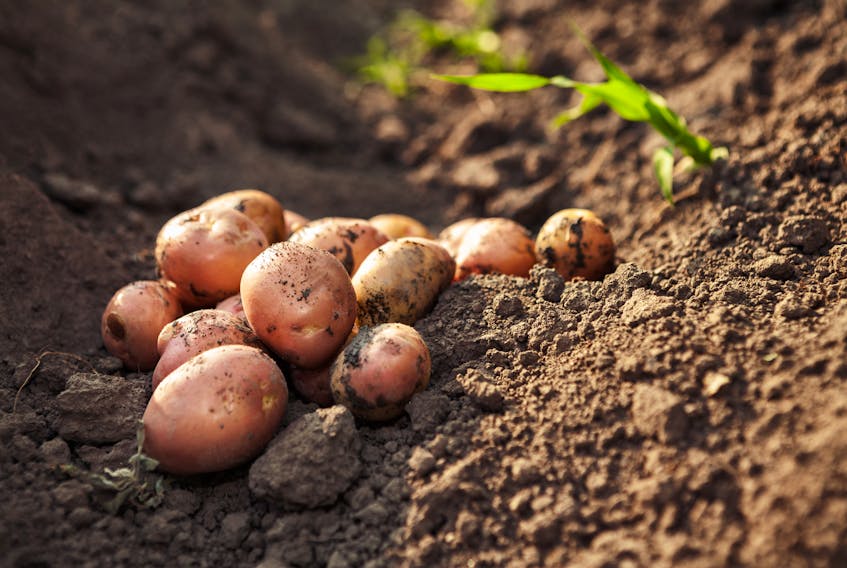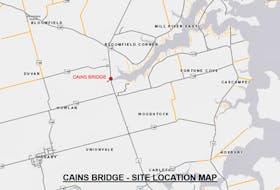CHARLOTTETOWN, P.E.I. — Green Opposition MLAs have scrutinized a $4.7-million COVID-19 agricultural relief fund, which has been used by Cavendish Farms to offset transportation and storage costs for potatoes.
The fund was announced on April 23 by Agriculture Minister Bloyce Thompson for “shipping and storage costs of potatoes for processing,” said a government media release. The fund was administered by the P.E.I. Potato Board.
But during a review of government COVID-19 spending in the legislature on Thursday, Thompson said the funds were allocated to a potato processor, which would purchase an excess supply of potatoes from the 2019 crop. The producer was Cavendish Farms.

"There was roughly 100 million pounds of potatoes that were left to be processed. The value of those potatoes was around $15 million. If those potatoes didn't get processed, there would also be 500 employees of the processor that would be laid off," Thompson said.
"They got paid by the processor for their potatoes."
Gordon MacFadyen, the province’s assistant secretary to the Treasury Board, said Wednesday the funds were allocated by the potato board to Cavendish Farms, as well as Midland
Transportaton for transportation and to Oxford Farms for cold storage. Midland Transportaton is owned by JD Irving Ltd., but Oxford Farms is not.

Green agriculture critic Michele Beaton asked Thompson Thursday if the $4.7 million will be used to ship already-processed potatoes.
Thompson said it would not.
"The money is being divied out as it is being used for those potatoes that are being processed now. They might not use all the $4.7 (million)," Thompson said.
"Was it ever said to the potato board and to the Irvings that when the market picks up, you should pay this $4.7 million back to the province?" Beaton asked.
"It was quite evident that they needed those funds. Going forward, if they don't need all that money, they're not required to take it," Thompson responded.
In early April, Cavendish Farms publicly advised farmers that, due to a drop in global demand for potatoes, they should seek another purchaser. Many of these farmers had a contract with Cavendish Farms to purchase their potatoes.
Beaton said this left many potato farmers in P.E.I. in a vulnerable situation.
“During a pandemic is not the time to walk away from the people you've contracted to grow the potatoes for you and leave them to fend for themselves," Beaton said.
She said the $4.7 million amounted to a “blank cheque” for Cavendish Farms, which will likely be able to process and sell the potatoes at a competitive price once the market improves.
Beaton said Cavendish Farms could have instead taken advantage of federal bridge loans to cushion the financial impact of the pandemic.
"Any corporation of that size has a contingency fund," Beaton said.
Cavendish Farms is one of P.E.I.’s biggest manufacturing employers. About 700 people work at the company’s facility in New Annan. To date, the company has not yet laid off large numbers of employees due to the pandemic.

In an interview on Friday, Thompson said the $4.7-million program was the cheapest way to ensure the farmers were paid and the excess potatoes were not dumped.
"We could buy it. It would be buried, it would be destroyed. Then we have an environmental problem, we have a plant health problem,” Thompson said.
“This way, the food got processed. And 500 employees – from a cash-strapped processor that (was) affected by COVID just like every other business in the world – they felt the crunch as well."
Thompson added the $4.7 million “solved a $20-million problem.”
Thompson also pointed to the lack of cold storage facilities on P.E.I. He said his department is looking into expanding cold storage capacity on P.E.I.
"It's kind of our Achilles’ heel when it comes to processing," Thompson said.









